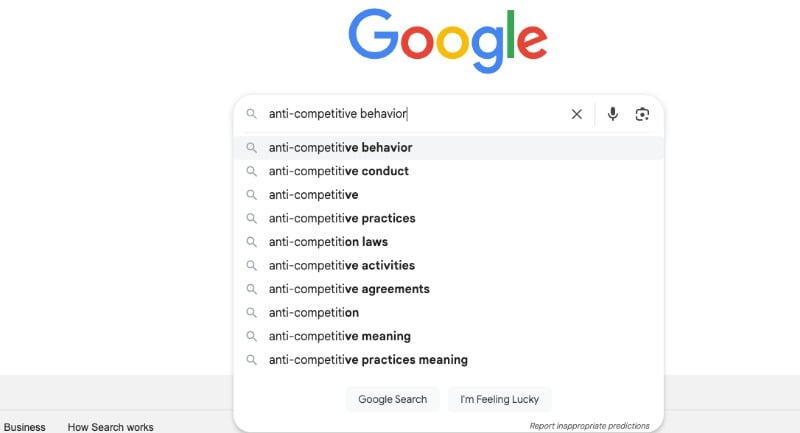The mantra for Google early on had been: “Don’t be evil.”
That was some time ago and today Google is more likely to be found saying: “We’re pleased to resolve the ACCC’s concerns, which involved provisions that haven’t been in our commercial agreements for some time. We are committed to providing Android device makers more flexibility to preload browsers and search apps, while preserving the offerings and features that help them innovate, compete with Apple, and keep costs low.”
This was the statement issued by Google today after the ACCC today began federal court proceedings against Google Asia Pacific for what it has said is “anti-competitive understandings that Google admits it reached in the past with Telstra and Optus regarding the pre-installation of Google Search on Android mobile phones.”
Google admitted liability and in a joint submission to the court with the ACCC, agreed to pay a total penalty of $55 million.
Between December 2019 and March 2021, Google had made it understood to telcos Optus and Telstra that they would only pre-install Google Search on Google’s Android phones sold to customers. The impact of this is lowered marketplace competition for alternative search engines.
“Conduct that restricts competition is illegal in Australia because it usually means less choice, higher costs or worse service for consumers,” ACCC Chair Gina-Cass Gottlieb said in a statement.
“Today’s outcome, along with Telstra, Optus and TPG’s undertakings, have created the potential for millions of Australians to have greater search choice in the future, and for competing search providers to gain meaningful exposure to Australian consumers.”
“Importantly, these changes come at a time when AI search tools are revolutionising how we search for information, creating new competition,” Ms Cass-Gottlieb said.
Going forward Google has agreed with the ACCC that it will give Android device manufacturers greater flexibility to preload browsers and search apps. It’s an outcome that Google finds preferable than anti-competitive suits brought against the search giant in the US by the Department of Justice where remedies sought may include the divestiture of Chrome and Android, along with data sharing arrangements.
Last week Google found itself on the losing end of another anti-competition lawsuit with the federal court ruling against Apple and Google for abusing their market power in the management of their app stores. The ruling was in response to class action suits brought against the tech companies by law firms Phi Finney McDonald and Maurice Blackburn, along with a suit filed by Fortnite publisher Epic Games.
The suits alleged that Google and Apple run app store monopolies, forcing developers to use their payment gateways which collect a payment of between 15 and 30 percent of every transaction processed through their stores.
While Google does allow Android users to use more than one app store and directly download apps from websites, Epic Games argued that Google still imposed its own payment system and further control over the Android ecosystem.
